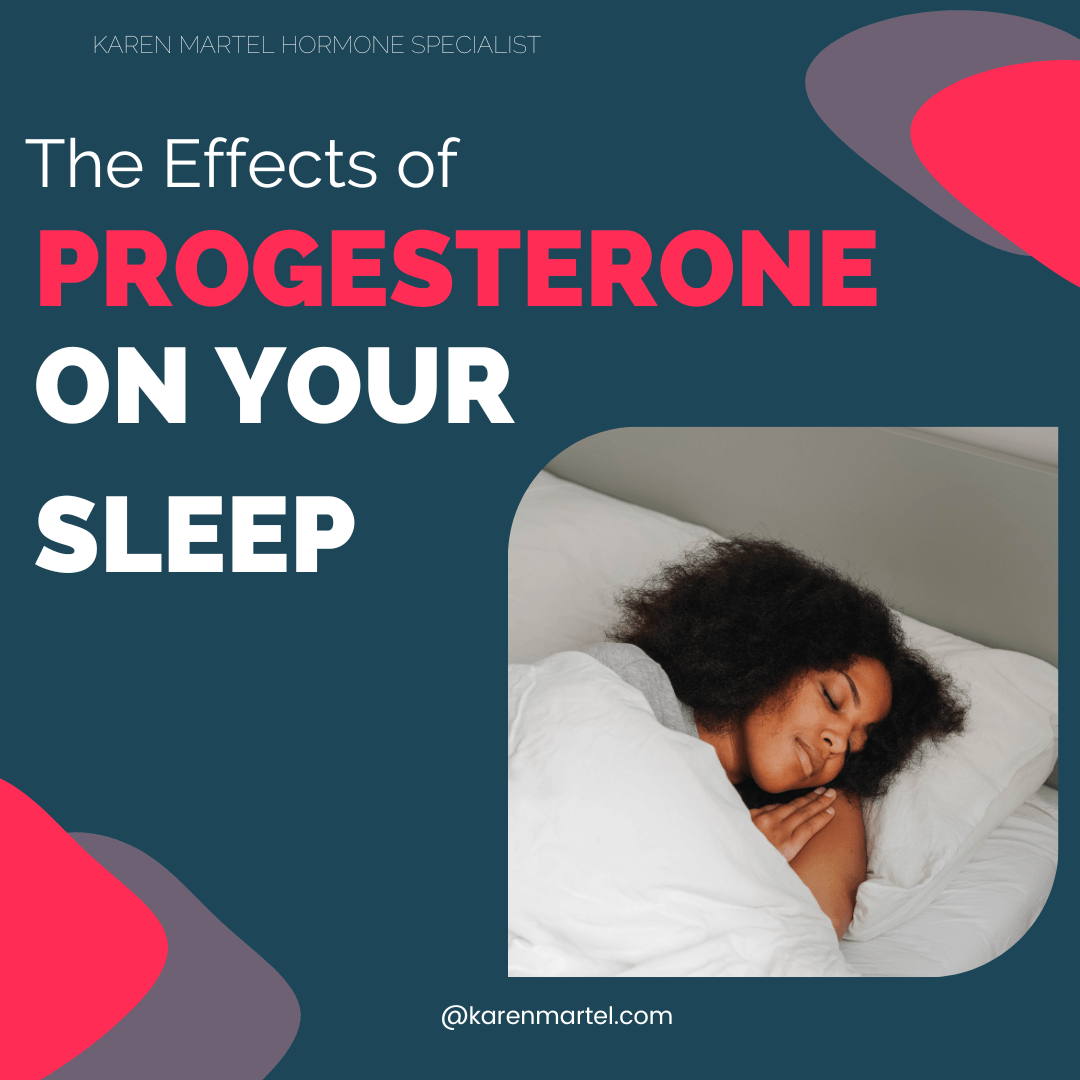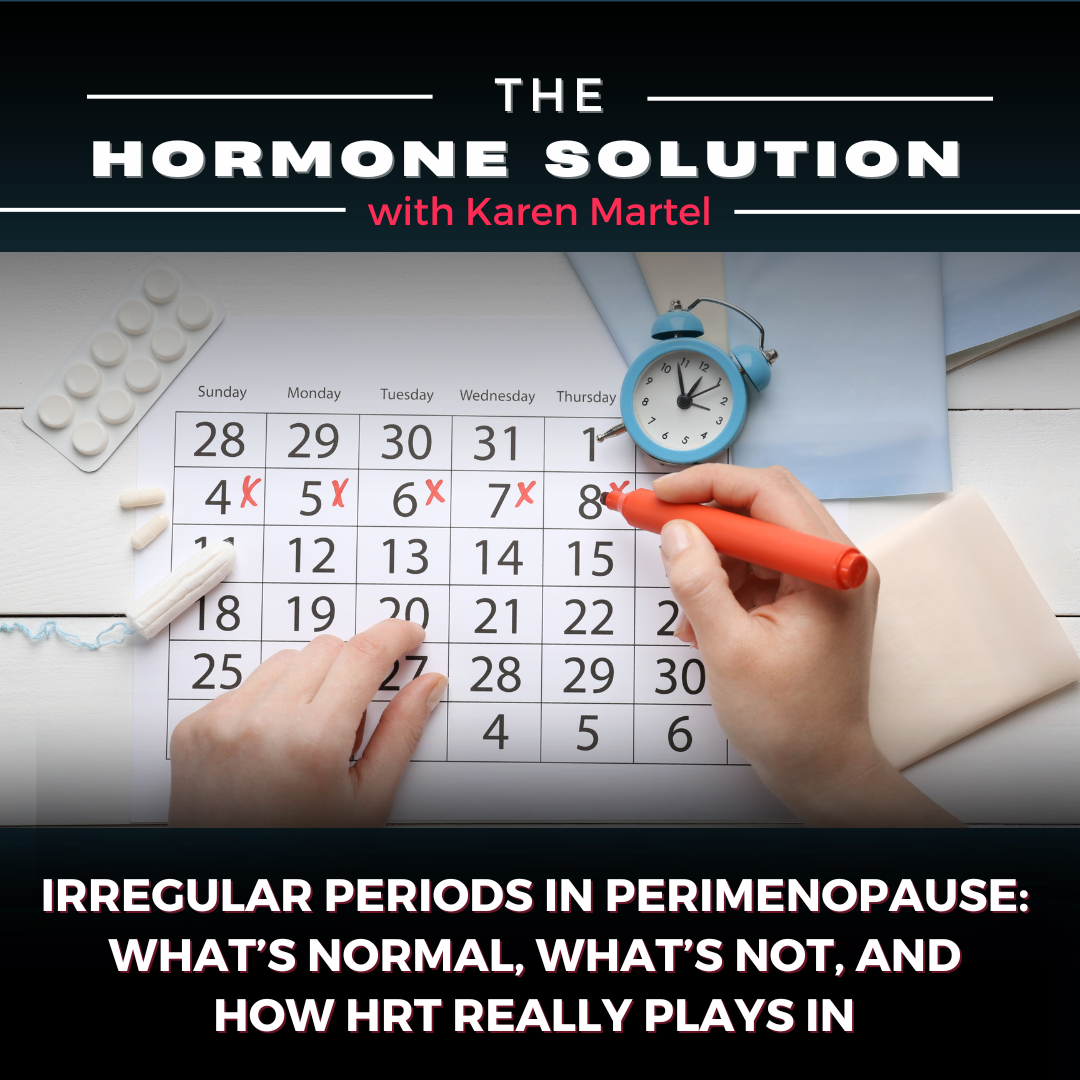
The Effects of Progesterone on Your Sleep
Progesterone has been shown to have a positive effect on sleep. Progesterone is a hormone that plays a role in regulating the sleep-wake cycle and promoting feelings of relaxation and calm. Studies have shown that progesterone can help to improve the quality of sleep, particularly in women.Progesterone levels change throughout the menstrual cycle, with levels being highest in the luteal phase, or the phase after ovulation. During this time, women may experience a natural increase in feelings of relaxation and calm, which can help to promote sleep. However, as women approach menopause, levels of progesterone decline, which can lead to insomnia and other sleep disturbances. Hormone replacement therapy with bioidentical progesterone can help to alleviate these symptoms by restoring the body's natural levels of progesterone.
Progesterone has a sedative effect, it can improve sleep latency (time it takes to fall asleep) and reduce insomnia symptoms. Progesterone also increases the levels of GABA (gamma-aminobutyric acid) which is the main inhibitory neurotransmitter in the brain that helps to reduce anxiety and promote feelings of calmness and relaxation, this can lead to a deeper and more restful sleep.
It is important to note that, while progesterone can help to improve sleep, it is not a sleep aid and should not be used as a substitute for other treatments for sleep disorders. It is important to consult with a healthcare provider to determine the best course of treatment for an individual woman.
Progesterone replacement therapy can be a valuable tool for women experiencing sleep issues related to menopause or other hormonal imbalances. It can be used to alleviate symptoms of insomnia and other sleep disorders, allowing women to achieve a deeper and more restful sleep.

Find Karen Martel on Apply Podcast
Karen Martel is a Certified Hormone Specialist and Transformational Nutrition Coach dedicated to empowering women through their health journeys.
As the host of the popular podcast The Hormone Solution, Karen tackles the complexities of hormonal health, weight loss resistance, and the challenges that come with perimenopause and menopause.
Her mission is to disrupt outdated narratives surrounding women's health, providing reliable information and practical solutions that help women reclaim their vitality.
Tune in to discover how to embrace life's stages while enhancing overall well-being.





